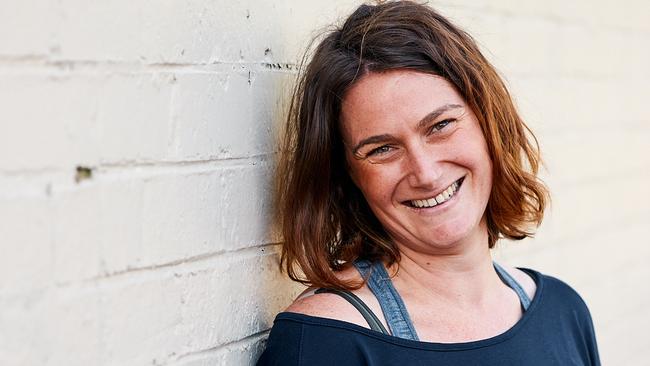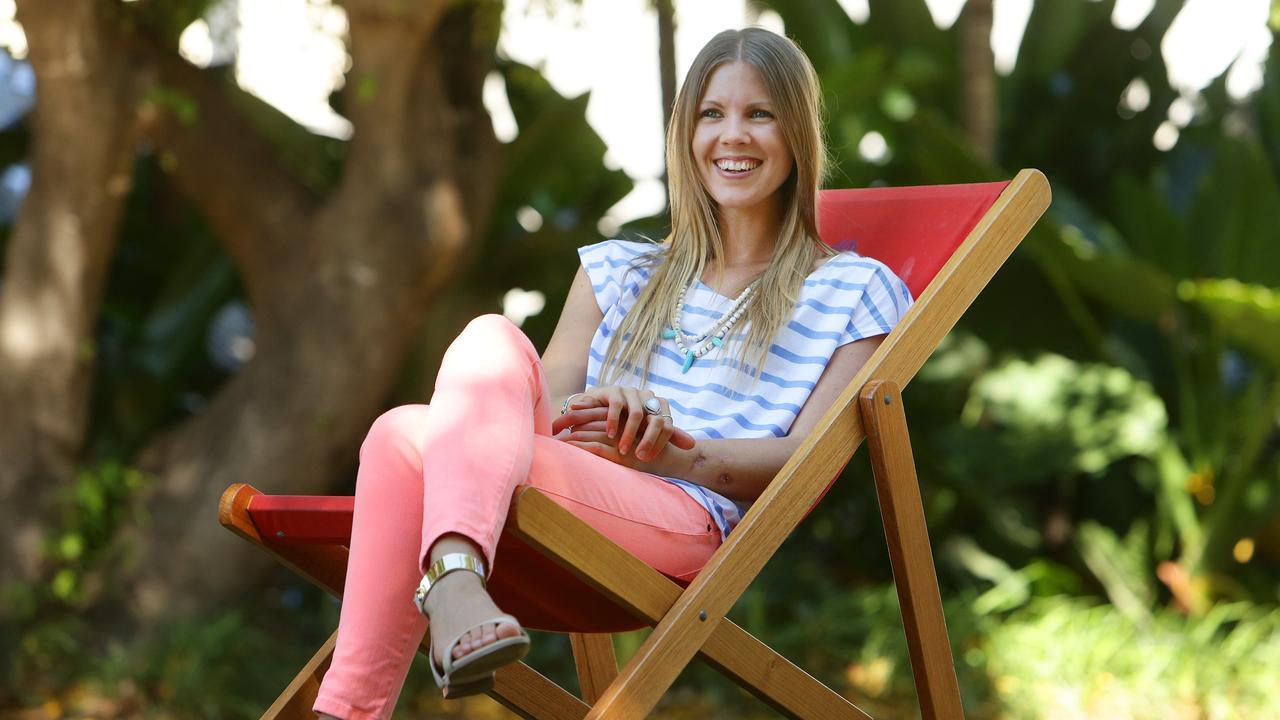No way out of Facebook and Google’s ‘walled garden’
Facebook and Google have created an online ecosystem in which users and advertisers find themselves trapped.

Facebook and Google have created an online ecosystem in which both users and advertisers find themselves trapped inside a “walled garden” with few alternative prospects, the ACCC inquiry into digital platforms has heard.
The near impossibility of breaking free from the tech giants was underscored by parents, university graduates, small business owners and privacy advocates who shared their concerns about the platforms’ dominance at two public forums held by the competition watchdog in Melbourne recently.
A picture emerged in which the two biggest platforms were so interwoven with daily life that few could participate in the marketplace without them.
The forums were conducted under Chatham House rules, meaning journalists were banned from attributing comments to individuals to allow participants to speak freely.
Small business owners said it was impossible to run an e-commerce venture without Facebook or Google, which served as the new high street.
“The place people are going to happen upon your products is on these platforms,” one seller said.
Tahlia Mandie, who did not attend the forum, said her social enterprise, Kakadu Plum Co, had struggled to secure a return on investment when advertising on Google and Facebook.
“Over the years as a small-business owner, I have felt that it is harder and harder,” Ms Mandie said. “I have invested hundreds of dollars into both platforms with little if any return.”
Advertisers said the cost of advertising on Facebook and Google was “not getting cheaper” and reported feeling “locked into” the suite of tools offered by each platform, such as Google’s AdSense and Analytics for those who advertised on the search engine and its subsidiary YouTube.
“These audiences can’t be targeted across platforms,” one advertiser said. “The opportunity cost of considering moving your investment to another channel that is not proven, there’s a lot of risk. It creates a level of inertia that’s hard to get out of.”
Others expressed frustration at the tech giants’ refusal to hand over more details about the impact of their campaigns. After running targeted ads, Facebook would report how many clicks had been obtained but not whether the clicks came from their target demographic. They described Facebook targeting as a form of “dark arts” and its ever-changing algorithm as “a magic box” of which “you kind of hope for the best”.
“I’ve been doing this for years and I don’t know how they work,” one ad industry insider said, noting the “thriving industry” of consultants who promised to “optimise and drive organic reach”.
Another said: “A big problem is that we base ROI (return on investment) on the data these platforms closely guard. They need to be more transparent.”
Attendees spoke of the difficulty faced by those who objected to the platforms’ use of personal data, saying it was not as simple as quitting Facebook if they were unhappy with its terms and conditions. “Switching off comes at a personal cost,” one woman said. “Most of my friendship group, family and friends are on Facebook. So even if I’m not happy with the terms and conditions, it’s difficult to switch.
“I don’t really feel there’s much of a choice.”
A mother said her teenage daughter had decided not to join Facebook, only to find herself cut off from the flow of information needed to go about her extra-curricular activities.
And a recent university graduate said the trend continued after high school. Student bodies used Facebook event pages as an organising platform.
Discussion turned to ill-fated attempts to create an alternative to Facebook, such as MeWe. In the case of Vero, it signed up about 3 million users, only to fall out of favour once its privacy policy and founder’s background came under scrutiny.
Forum attendees said the rise of the digital platforms had had “a catastrophic impact” on traditional media and high-quality investigative journalism and opinion writing had been overwhelmed by the “sound bite”.
Others called for alternative fee structures from paywalled news sites, arguing that ongoing subscriptions did not suit people who wanted to dip in and out of outlets.


